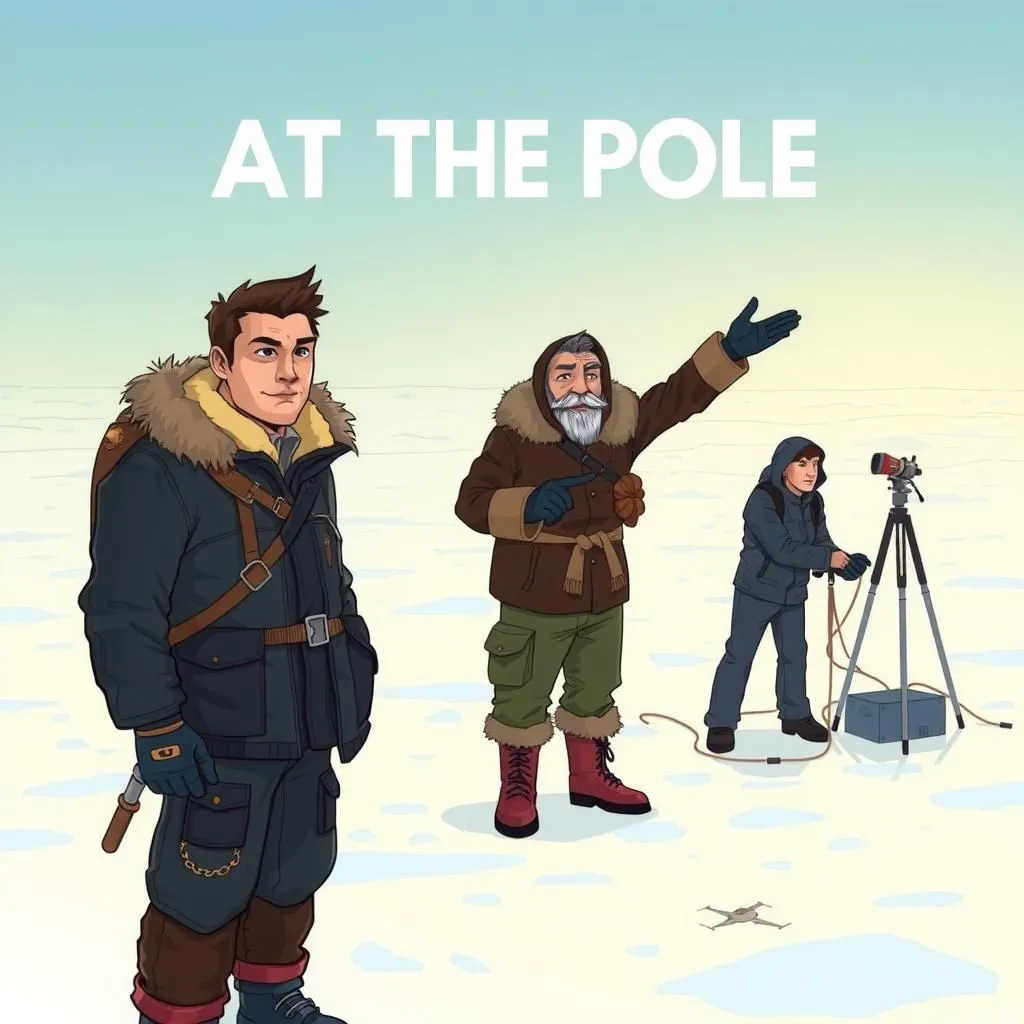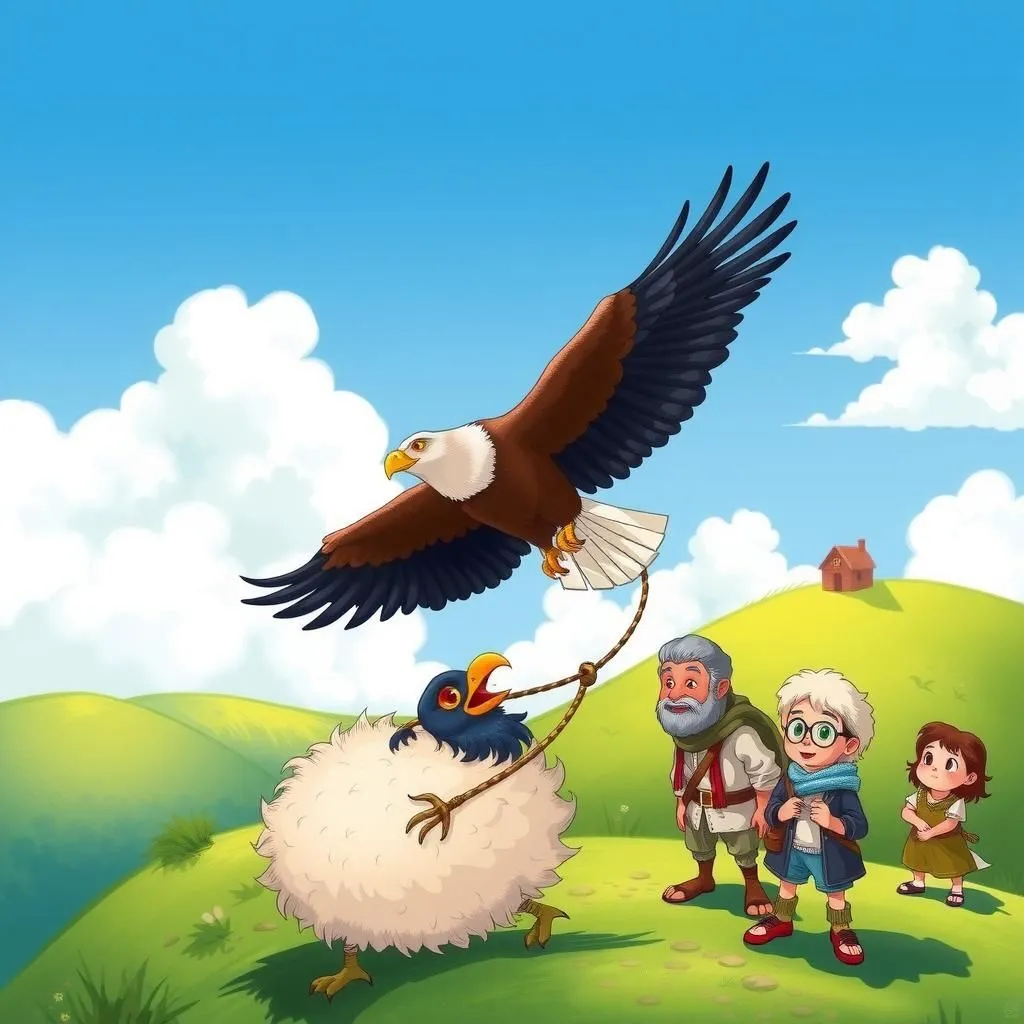
The Shepherd and the Sea
In this captivating moral story, a shepherd, lured by the calm sea, sells his flock to invest in a cargo of dates for a voyage. However, a sudden tempest forces him to discard his merchandise for survival, leaving him empty-handed. Reflecting on the sea's tranquil appearance, he wryly notes that it remains in need of dates, serving as a simple short story with a moral for young readers about the perils of chasing fleeting desires.


